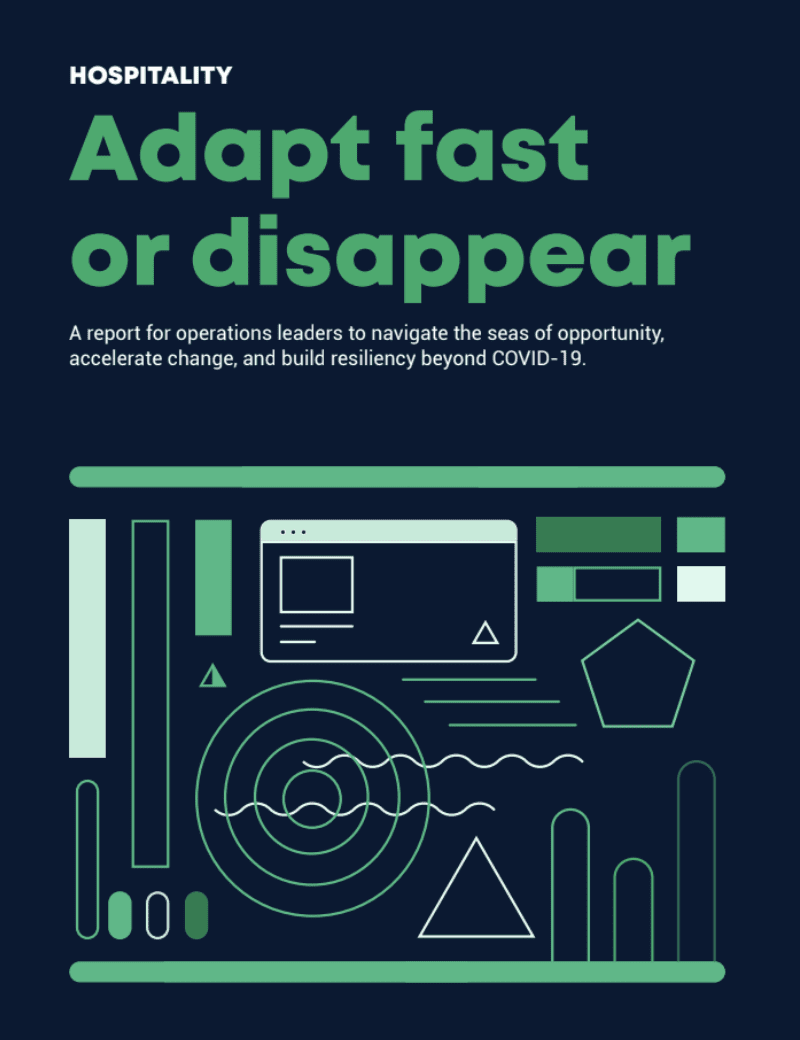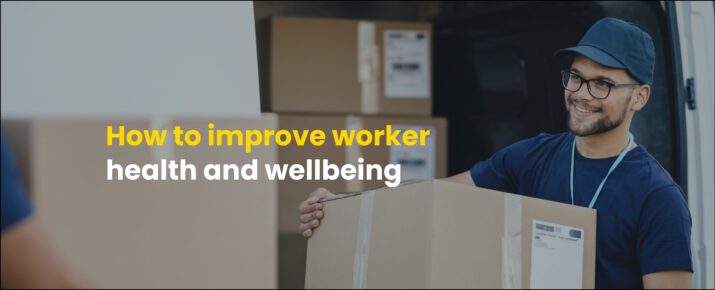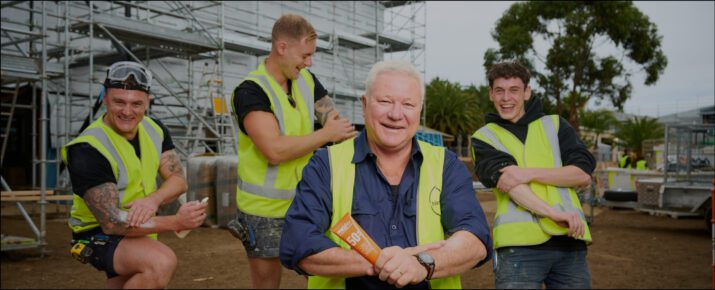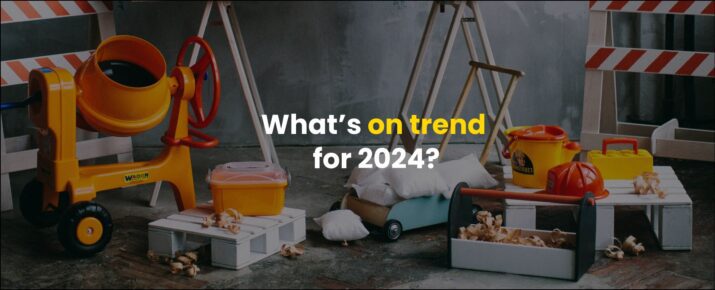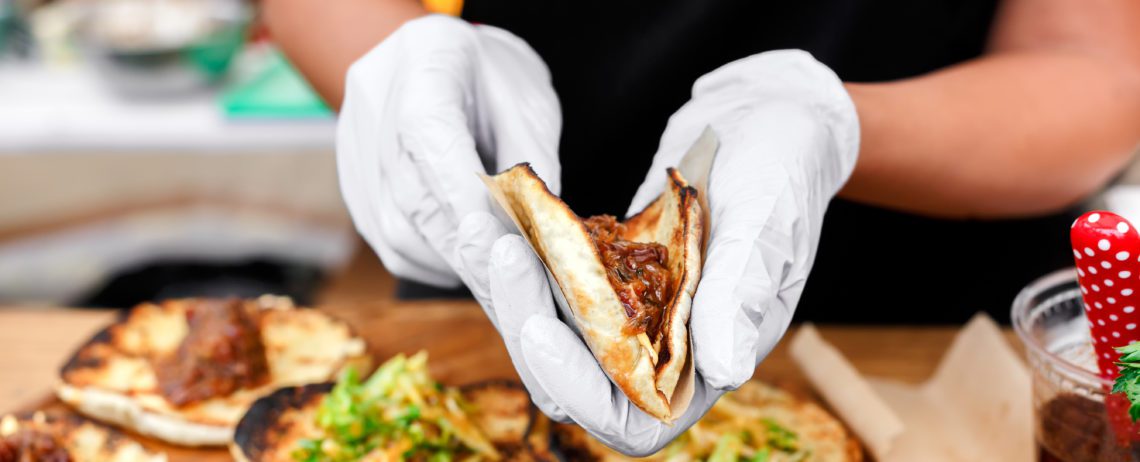
Hospitality has traditionally been a service and quality-focused industry. Cook delicious food, pair it with five-star service and add a side of ambiance for a winner.
Now, with COVID-19 turning operating models on their heads, plating up safely has become one of the biggest value creators in hospitality. Leaders in this space are prioritizing safety — ramping up hygiene processes, enforcing appropriate distancing measures, and minimizing risks.
Here’s how fast-food chain Chipotle is setting the standard, both in the short-term and in the long-term.
A look at Chipotle: Prepared for a crisis
Fast-casual burrito chain Chipotle was prepared for a pandemic, without ever knowing it.
In 2015, the chain underwent a PR disaster when 60 cases of E.coli poisoning were reported to the CDC from 14 US states. A string of other food safety problems launched the business into crisis recovery mode: sales had fallen by one-fifth compared to the previous year due to store closures and a lack of consumer confidence.
In order to recover and gain the trust of their customers again, Chipotle completely changed how they prepared food. The number one item on the agenda? Putting hygiene first. Protocols such as enforced handwashing, installing hand sanitizers, and improving air filtration systems — and talking about it to the rest of the world — were factors that led to Chipotle’s turnaround.
“We already had a lot of the things in place. Frankly, the only two things we had to implement during COVID-19 was the idea of social distancing and wearing masks. So our operators were very capable of executing within this COVID environment, and we made the enhancements that we had to make.”
Brian Niccol, Chairman & CEO, Chipotle
The foundation for adaptation
When COVID-19 shut down food venues across the globe, Chipotle was ready to fill a gap. While other food businesses scrambled to implement new hygiene and cleanliness measures, Chipotle became a first mover in improving the pandemic dining experience.
The company tweaked its contactless delivery strategies and enhanced store cleanliness with a dedicated dining room hygiene steward. They didn’t stop there, implementing mobile order drive-thru lanes called “Chipotlanes”, and experimenting with a digital-only menu as well.
Chipotle’s quick adoption of digital technologies paved the way for even bigger returns. Instead of merely staying compliant COVID-19 restrictions, Chipotle leveled up in its appeal to the millennial demographic so partial to mobile app ordering and heightened accessibility to consumers with speech impediments.
Ultimately, having a safety-first foundation allowed Chipotle to quickly adapt, innovate, and drive new areas of growth to serve their customers.
Ready to plate up five-star safety? Download this report and revamp your business strategy with tactics to enhance the customer experience, enable innovation, and mitigate risk.
Important Notice
The information contained in this article is general in nature and you should consider whether the information is appropriate to your specific needs. Legal and other matters referred to in this article are based on our interpretation of laws existing at the time and should not be relied on in place of professional advice. We are not responsible for the content of any site owned by a third party that may be linked to this article. SafetyCulture disclaims all liability (except for any liability which by law cannot be excluded) for any error, inaccuracy, or omission from the information contained in this article, any site linked to this article, and any loss or damage suffered by any person directly or indirectly through relying on this information.
